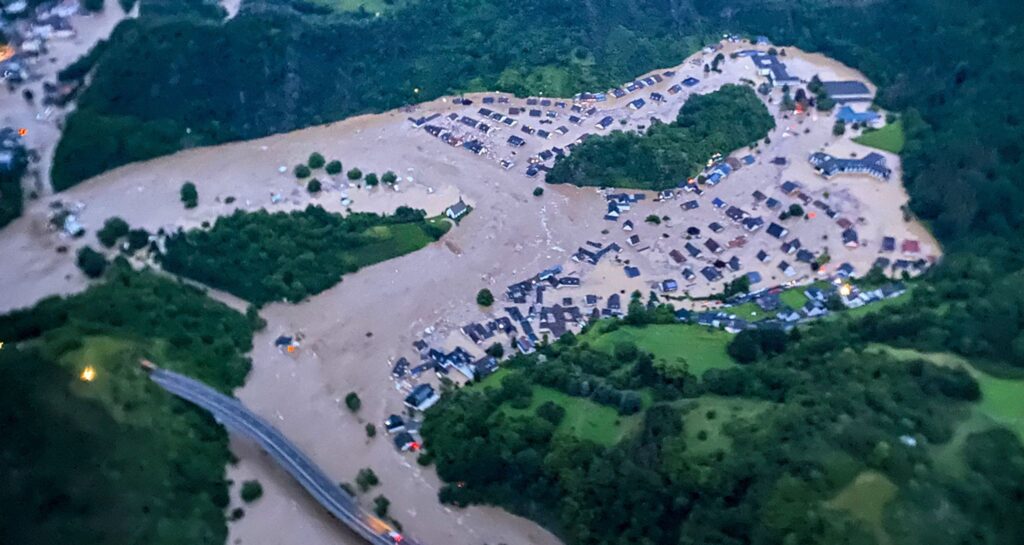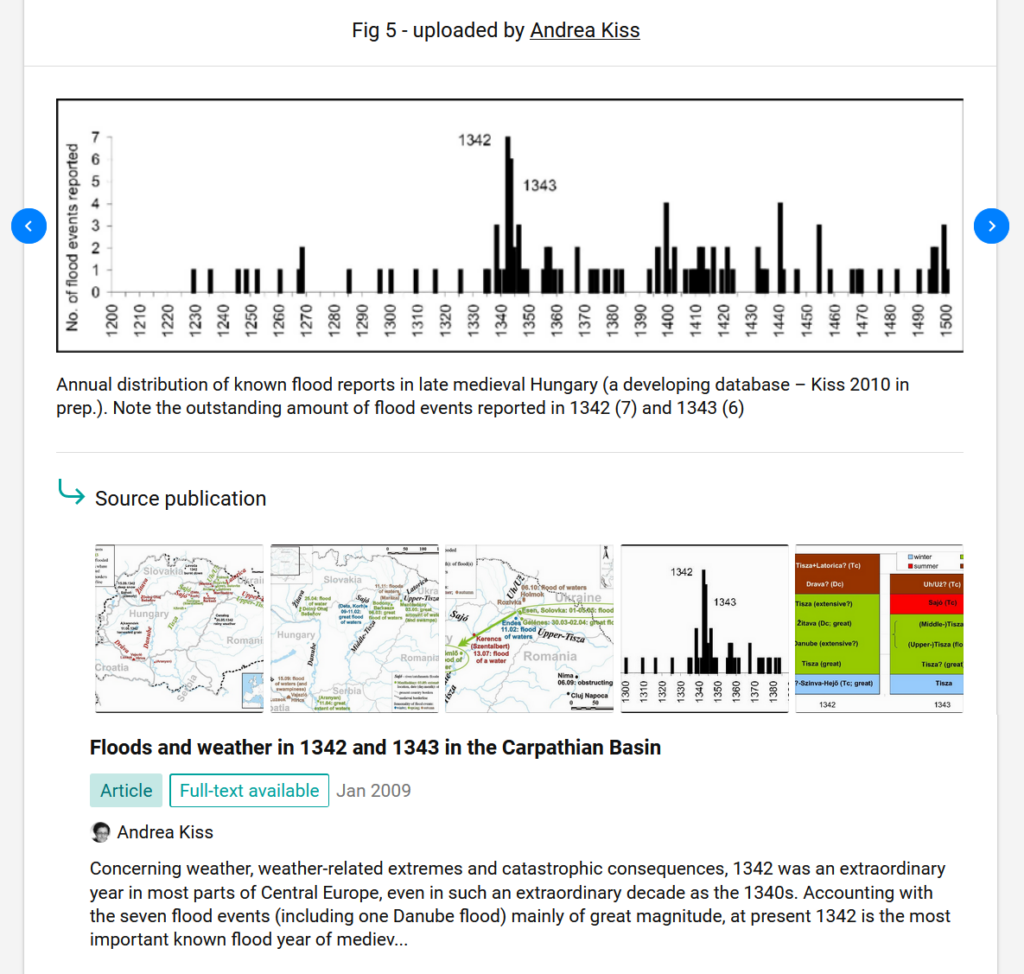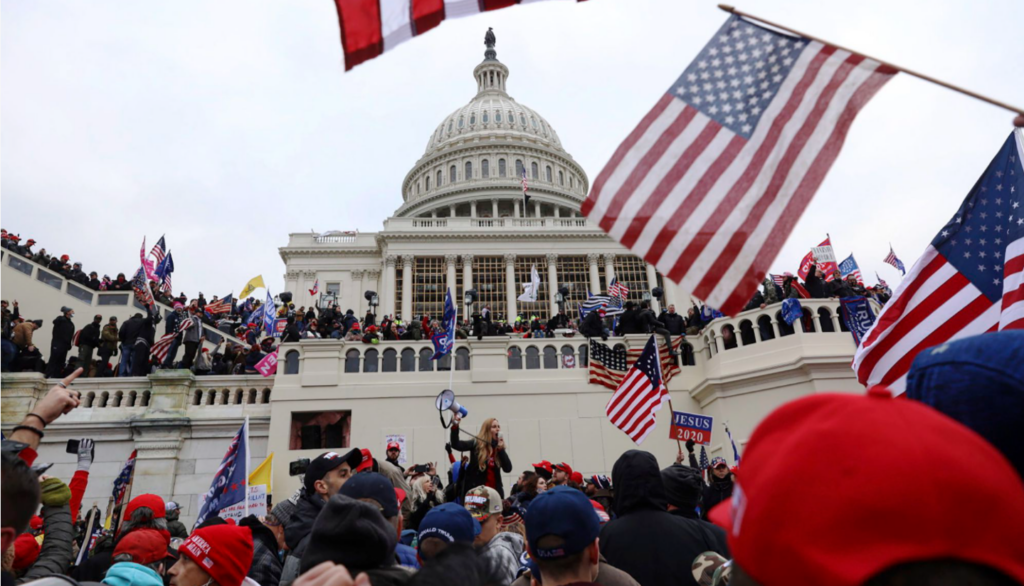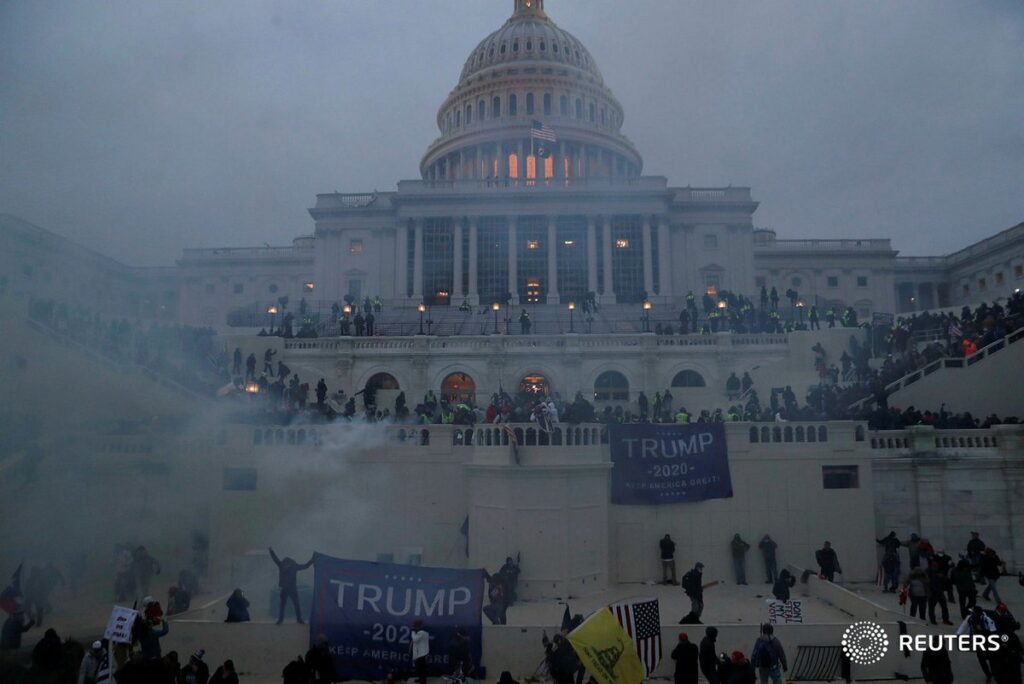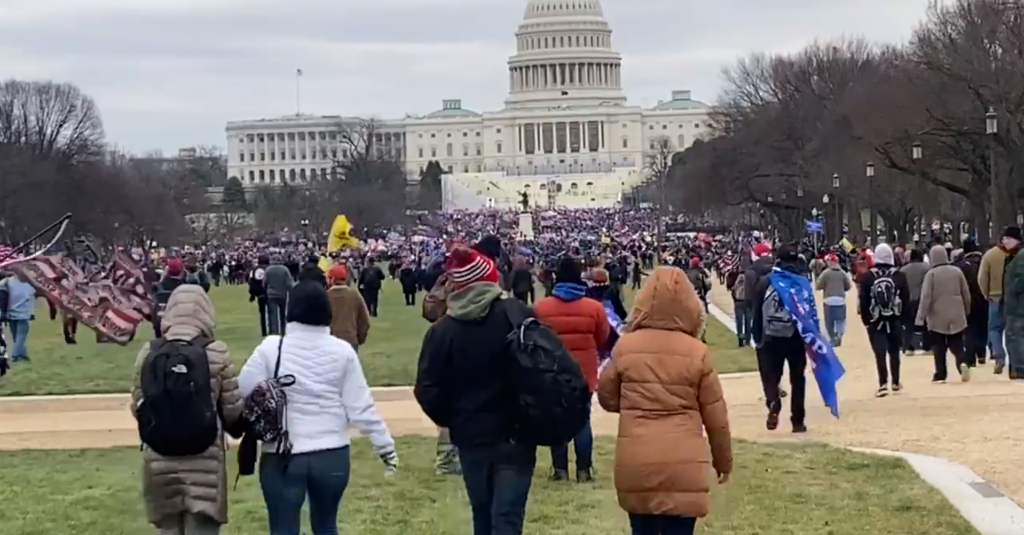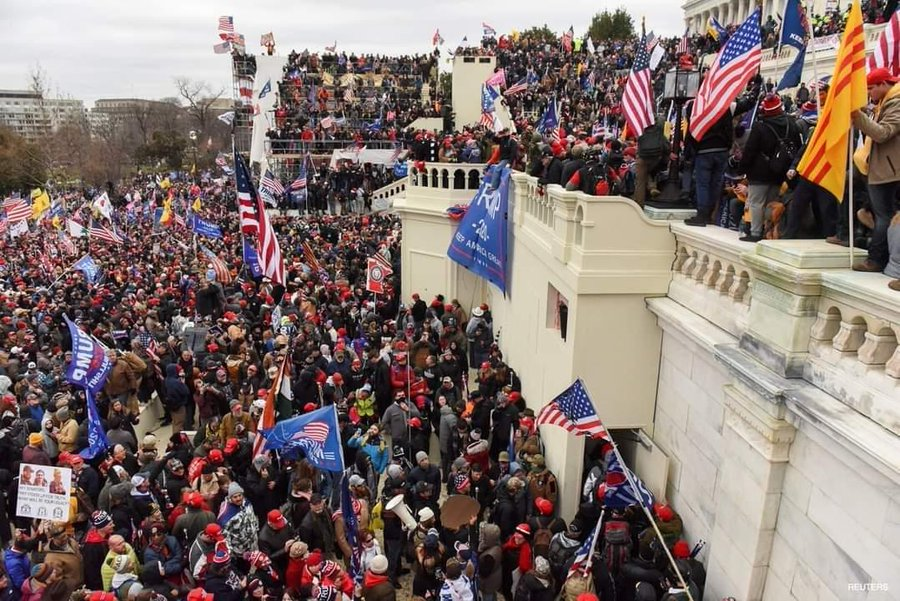The US-backed Afghanistan government turned out to be even more kleptocratic, and even less competent, than expected. Crossing the hurdle of being even less competent and reliable than already-low expectation is something like an Olympian-like effort, but they did it.
This story now dominates the US news and as best I can tell has totally pushed out the endless, tiring flu-virus news they decided to keep dumping on us for whatever reasons they have for that.
And the question “Who Lost Afghanistan” has suddenly entered US discourse in the 2020s, a rather shabby end to a twenty-year project that was misguided probably from the start and astonishingly costly — several trillion dollars, all tolled.
_______________
The regime rapidly’s “folding” process happened between about mid-July and mid-August 2021 and was a fait accompli by about August 5.
A full defeat it was, without any apparent kind of fight. No battle of Kabul 2021. No counter-attacks. No defensive perimeter. Nothing. I expect that any US state, Canadian province, or Mexican department’s national guards could have done better that the entire national army of Afghanistan. The response was so laughably noodle-armed as to be not worth the effort of writing about. Even a full account wouldn’t run very long because there was just no action to speak of. Any would-be write of a military history of the fall of Afghanistan in mid-2021 will come up short of material and have to either pad it out dishonestly or abandon the project.
The start of the unraveling aligned precisely with the US pullout. A symbolic trigger to press the advantage. A symbolic trigger to push on the barn door of this shabby looking farm. A rich man from the Big City had taken pity on the shabby farm and donated all the money to build up the barn. Surprise! The barn door was completely rotten, and off its hinge, and all it took to get in was to push lightly. Why not push it open and walk in? The barn is now ours.
The final end for this regime, its backbone and what prestige it had entirely sponged off its patron, came with chaotic scenes out of Kabul. Those scenes themselves don’t matter much even though they may be the lasting imagery of it all. They just punctuate the general news of the full regime collapse within weeks.
The Soviet-backed regime did much better in the early 1990s and after not only its patron’s withdrawal in 1988-89 but its patron losing its entire sphere of influence in Europe by the end of 1989 and itself breaking up and falling into deep economic malaise in the 1990s. I’ve got to hand it to the Afghan communist regime of 1979-1994 or so, history proves you were more honorable in at least a staying-power sense than the kleptocrats of 2021. The kleptocrat-in-chief (president) and his inner circle were last seen fleeing with helicopters full of cash to an unknown destination.
I don’t really see any way around it: this is a major blow to US prestige, and it has all the political class dropping from regularly scheduled flu-virus talk to almost in unison express shock and outrage.
_________________
I heard someone describe the fall of Afghanistan with these words:
“The fall Afghanistan is one of the most catastrophic failures in the history of US foreign policy“
The statement can be interpreted one or both of two ways:
(1) It was a mistake to waste enormous resources on a twenty-year effort at “nation-building” there, almost as if it were a game. Committing to Afghanistan in the first place was the foreign-policy failure. Blame here is shared by several dozen, hundred, or thousand people in positions of real power and influence, between September 2001 and mid-2021 in the US executive branch, “intelligence community” (as the de rigeuer phrasing has it, military bureaucracy, State Department, and also foreign-policy academia and think tanks and the like.
(2) The rapid, unconditional, pre-announced retreat clearly undermined whatever morale and fighting spirit the US-backed regime forces had; the refusal to re-intervene to save the US-backed regime ensured its defeat.
The second is a micro-failure. The first is a macro-failure.
And what a macro-failure! By one calculation (Brown University “Cost of War” study, updated to April 2021) the whole Afghanistan project came at a cost of $2,600,000,000,000 in inflation-adjusted dollars borne (in principle) by the US taxpayer. That amounts to the astonishing sum of nearly $1000+/annum/US taxpayer — effectively a yearly “Afghanistan tax” for 20 years!
That de facto “Afghanistan tax” was never subject to some kind of popular-vote approval. If it ever had to be approved as some kind of nationwide ballot referendum (as has to be done for extra money requests for parks and schools locally), it likely would have failed and the whole thing averted.
Imagine what that $2.6 trillion ($2600 billion) could have done over these twenty years, what kind of grand capital projects, civilization-advanding projects. A North-America-wide high-speed railway network? A network of Moon colonies with a forward base on Mars by now?
I also recall in the context of that staggering sum ($2600 billion) the whole political deadlock over the border wall in 2017-18. It was comparative table scraps in the $20 billion range. Its opponents claimed it was too expensive and the whole deadlock shut down the government for a time as everyone played it for full drama. Fully funded, built, and maintained, a border wall would have come in at around 0.5% of the final cost of the Afghanistan project.
I sometimes put myself in the spot of an observer from the 2100s or 2200s uncovering in archives news and commentary on events of my time, the 2000s, 2010s, and now 2020s. People one or two centuries hence will tend to have some big-picture idea of our time but most of the details will have eroded away by Time. What picture will they reconstruct of our time? It seems to me they’ll see the priorities of our time as too bizarre to properly understand. A long intervention, without clear purpose, in one of the world’s strategically least important places, gets extremely lavishly funded, year after after year for twenty years, usually without serious opposition except by some wingnuts on the far-left or libertarian-right. But a border wall project to stop a very real problem, at 0.5% the cost of the aforementioned distant-and-pointless-intervention, triggers a several-year-long political-hysteria.
Even if the US spends not another cent on Afghanistan (saving also on the cost of those giant Black Lives Matter and Gay Pride replacement flags for the embassy), the sunk cost of $2.6 trillion will continue to increase, given that (a.) the US gives its highly paid soldiers lavish lifetime benefits by law, and (b.) the entire thing was financed on debt from the start which requires interest payments and we no one seems to care about budgets anymore, or debt, or even inflation (now sustained at over 5% for four months and running, unprecedented since the so-called Volker Disinflation and the “Whip Inflation Now” campaign which succeeded at the cost of the early-1980s recession; the economic disruptions of 2008 cause a three-month 5%+ inflation run). I think the cost may run to something in the $4 trillion range when all is said and done.
There are lots of indirect costs. Unclear is how many refugees the news and dramatic imagery will net-add to Europe and the USA, such refugees of which, if taken in (if anyone tries to “pull a Merkel”), will all have to be cared for and impose real social pressures. The Afghanistan debacle is headline news in Europe almost as much as in the USA I think specifically because it could be the trigger for a 2021-22 migrant crisis, a major political headache.
The whole thing looks bad for everyone involved.
As for the US-backed regime, it looks rather like all along it rested upon a giant, shiny, but brittle tin pot.
Some defenders of the US government’s actions in 2021 will say (1) guaranteed (2)– the macro-mistake of entering into a long intervention and nation-building project guaranteed a chaotic final end when it all unraveled — be it in 2005, 2010, 2015, 2020, 2025, or 2030. Someone was going to have to do it.
The ousted kleptocratic regime’s defenders, if any, will point more to (2) — the US mishandling its disengagement. For other reasons this is also the sustained line of attack on the president personally by even most of those (the majority) who agree with the decision to end the twenty-year involvement.
________________
Many are no doubt more interested in the symbolic value here.
I was on a long, multi-leg airplane journey subject to several delays August 13 to 15. The delays especially had the silver lining of giving a better ability to chat with other passengers in the same situation. The news began becoming a flood that Afghanistan was “falling.” One, whose name I later learned was D. L., was talking all about the imminent fall of Kabul on the morning of August 15 (US time) at the Dallas airport, having updated himself during our August 14-15 overnighting at our airline-provided hotel for a canceled flight.
There was a large portion of US military on our flight, probably no more or less than any other time but much more noticeable on airlines in an era when international travel is still so disrupted, barriers imposed by government policies guaranteeing much lower passenger totals than usual. The military people are usually not the most impressive, though I know they are all competent for having passed the entrance exam to a fair standard. But they are
(on conv with Korean guy in his mid-20s)
______________
The Afghanistan case itself demonstrates an important principle: more important than balance-of-forces calculations on paper. People have long recognized this. We borrow the French phrase esprit d’corps to refer to this, and the entire concept of “morale” is something similar, another French borrowing/repurposing.
I don’t know that the US has looked as weak at any point in my lifetime than it does in mid-August 2021, following events of the past several years but especially the past 18 months. This has been a terrible period, the 2020s even 15% in the books now look like the end of the American Century, but maybe the middle part of the decade will turn things around a bit.
As I’ve observed the news on Afghanistan, I get thinking on the same lines some were no doubt thinking in 1988 an 1989 when Soviet forces ended their ten-year intervention in Afghanistan, widely interpreted as a defeat for the USSR. The Soviet-backed regime ended up looking like a tinpot and lost control to the Taliban by the mid-1990s, who led Afghanistan on the path to being the world’s worst large nation outside Africa on lots of indicators before being bombed out in late 2001.
The USSR still looked powerful enough during the pullout of 1988 and early 1989, with the last of their forces crossing back into the USSR in February 1989.
So powerful did they look that (famously) few predicted the events of 1989 (starting about mid-year), 1990, and 1991, when the USSR lost its entire network of so-called “satellite states” — the ex-satellites in Europe mostly turning anti-Russian — then itself dissolved, with the USSR’s legislature voting itself out of existence in the end of 1991 bowing to national independence movements in the constituent Soviet republics, maybe the most important of which was Ukraine, where public opinion shifted strongly towards independence and a full severing of political ties with Moscow between mid-1991 and late-1991.
I don’t know enough about the Soviet dissolution process to know what the scholars’ consensus is on the role their Afghanistan war played in the events of mid-1989 to late-1991, but I do know the process is all traceable to below-the-surface events happening mainly in the USSR in 1987 and 1988, protest movements on various grievances. The Gorbachev decision to withdraw I presume was public knowledge by mid-1988, and so reinforced the ongoing protest-movement energies in the USSR proper, which later cycled out towards the satellites starting in mid-1989 and brought the whole shaky edifice down. Chronologically, the Soviet pullout from Afghanistan does not pre-date the breakup process but is right in the middle of the first phase of it, even if few actors or observers, either domestic or foreign, understood what was going on at the moment.
In other words, the USSR’s Afghanistan pullout signaled weakness and serious internal ‘regime’ problems and probably had symbolic or even metaphorical value at the time.
All this seems similar to the 2021 case for us, with the exception that at least the Soviet-backed left-wing quasi-Marxist regime they left behind had some kind of staying power and loyalty of at least enough people manning the oars of that regime that it lasted years and fought reasonably honorably.
The disgrace with which the US-backed Afghanistan government folded up, in most cases apparently preemptively surrendering or evacuating to the Taliban who simply walked in, is much more embarrassing, really, that the orderly Soviet withdrawal. A direct parallel would be the US-backed regime lasting to the mid-2020s before the final collapse, perhaps with the US embassy flying the Black Lives Matter and Gay Pride flags (the latter now mandatory at all US embassies) to the end.
The outrage, shock, and anger across the entire US spectrum at this humiliation (there is no other way to interpret it, with even the spin-doctors — whose job it is to give finely crafted talking-points to defend everything and anything the government does or says — looking a little ridiculous and the hearts not in it.
Another parallel with the 1980s-USSR is Andropov or Chernenko. Those were the aged, old-line Communist party-machine men who wound up percolating up by after Brezhnev died of old age. Both Andropov and Chernenko looked feeble during their brief tenures, before both dying of old age, one after another. It was embarrassing. After the third aged premier died within two and half years. Brezhnev died in late 1982; Brezchnev’s successor Andropov died in early 1984; Andropov’s successor Chernenko died in early 1985. Following this three-man string of elderly premiers, in came social-democrat reformer Gorbachev, a comparatively young man in his fifties at the time.
The whole thing looked like a farce: this supposedly global titan, the superpower USSR, either the world’s leading power or a near-competitor with the leading power depending on whom you asked in the 1980s, being nominally led by figures like those (Brezhnev, Andropov, Chernenko) in the late 1970s to 1985 (pre-Gorbachev). That is exactly the era in which the Soviet security commitment to molding a Marxist Afghanistan was made. Of course it revived a generations-old Russian play for Central Asia dating back to the mid-19th century (at one point called “the Great Game,” a name which for some reason stuck and is recognizable today). Do people see current US president as a figure like Andropov or Chernenko? Is this better or worse than how they saw the Orange Man?
PRC-China money will soon start pouring into Afghanistan (adding another buckle on the Belt and Road mega-project?). Unfortunately, therefore, we are going to be subject to years of “Who Lost Afghanistan?” talk in the USA. The opening salvos were fired early on.
_______________
I mentioned above that the Afghanistan debacle contributes to the US looking as weak as I think it ever has in my lifetime. Who is in our out of a presidential palace in Kabul matters much less than the symbolic nature of it al. Maybe after a few weeks, months, or years this will seem less true that it does as I write (August 17).
The last 18 months in general have made the US look weak and perhaps morally undeserving of leadership. The realities of wealth and power-inertia being what they are, the US will still have power a while yet to come, but I don’t think the US any more can claim moral leadership.
— Early spring 2020: An in-retrospect, frankly crazy-looking Panic over a rather modest flu virus by world-historical standards of these things.
I am not alone in noticing that absolutely none of the Taliban wear masks out of fear of the said flu virus. None. Not even a token mask here or there. Just none. They know they are making history and what time do they have for silly mask stuff?
The initial Panic over a flu virus was embarrassing in and of itself, but it may even have passed, looked back on as an embarrassing mistake. But then is when forces from above intervened and made the Panic basically mandatory, institutionalized the Panic, with lots of transparent power-grabbing going on long after the people instituting the rules stopped personally panicking.
— Late spring and summer 2020: Elite-led and elite-encouraged protests against the United States itself (the country of which said elite nominally leads), against all US police, and at core against the US historical majority-population itself (or at least half or two-thirds of it — the Middle America component).
I thought at the time, observing the protests of the end of May and early June 2020, that people will look back on it as a kind of “color revolution.” Ours was strange in that instead of being nominally patriotic and on behalf of the people, it was a top-down, quasi-mandatory cultural-political policy of hatred of the core of the nation itself, root and branch.
Real moves to dig in with a new ethnopolitical caste system followed rapidly, by which one section of us (including this writer) are designated Evil. Naturally the Evil component of the nation is to be contained and disempowered where at all possible. The system was already well-enough visible by the 2000s in some areas at least, and unmistakable by the 2010s; signs of it were clear already in the 1990s, and even earlier on the fringes. As I told a friend at the time, who I suspected sympathized with the protests/riots and therefore phrased my reaction carefully, these things (images of mass arsons, rioting, thousands of smashed windows, scenes of uncontrolled mass looting) are a terrible blow for the USA’s image abroad. He angrily replied that that was not the case because the real damage to the USA’s image was Trump.
— The rest of 2020 and into 2021: The return of the a flu-virus Panic and signs a public-health would be used as a wedge with which to take more control (for the collective benefit, of course).
Rather than backing down they chose to dig in. They could have deescalated, admitted the mega-error that was the whole flu virus panic of early spring 2020 (we soon knew with certainty that the actual threat was about 1/100th of the level claimed, and in line with previous severe influenzas in recent decades — usually about two per decade since the 1970s — of which we took no notice). They chose to institute a quasi-permanent Panic-pushing regime around the same flu virus.
Each of these things is a political failure to a great degree, and they all combined to make the US look weak, as did several years (late 2010s) of constant political squawking at such a fever pitch that all our satellites in Europe and many other places could not ignore it.
I kind of understand why they did the whole Permanent Pandemic thing (and they had created a large domestic constituency of people terrified of a flu virus), but there is one thing that shows this kind of reckless and crazy action — full-on flu-virus demagoguery by what are supposed to be the world’s leaders — was a sign the US had lost the right to moral leadership:
The world followed a US pied-pipe into the flu-virus panic in 2020. Many of the “students” quickly exceeded the “teacher” here and made even more brutal virus-lockdown etc. policies than the US. Some of the “students” who jumped the gun no doubt would have deescalated and dismantled their domestic Panic-regimes if the US had absolutely refused to indulge in the temptation and had maintained a Sweden-like line of staying fully open like any other flu wave, an being done with it quickly. So the whole mega-fiasco of the Flu-Virus Panic of 2020-21-22 is more the USA’s fault than any other single actor, with the possible exception of China. But we didn’t have to copy their wacko “lockdown” policy. That we did makes us look weak, but that our political and thought leaders dug in and made the Panic regime permanent is an unmistakable sign, to me, that something is wrong.
All this relates to the Afghanistan debacle of July-August 2021. I am sure I am not along in sensing, in the rapid collapse of the Afghanistan regime, a metaphor for the state of its sponsor and benefactor.
The metaphor is with the Soviet Union in the late 1980s, when they abandoned a ten-year nation-building attempt there. I don’t think anyone argues Afghanistan brought down the USSR (it was a piece on Zbigniew Brzezinski’s great-game chessboard), but it was symbolic of serious domestic problems in both the Soviet state and its network of allies.
The Soviets must not have had a long debate on their own “Who lost Afghanistan” Question because the quasi-communist regime they left behind outlasted the USSR itself! It seems to me our own “Who lost Afghanistan” Question is so very uncomfortable for our policy-shaping, agenda-setting, and media elite because the answer is so uncomfortable, especially because of how much worse it looks than the USSR’s orderly pullout in 1988-89.

